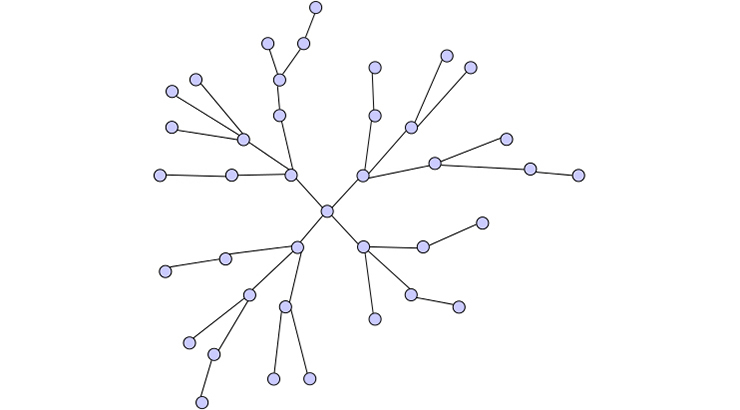Auto-adaptive MOEA with Higher Probability Results
ID# 2010-S133
Technology Summary
Conventional optimization algorithms using linear and non-linear programming sometimes have difficulty in finding the global optima or in case of multi-objective optimization, the pareto front. A lot of research has now been directed towards evolutionary algorithms to solve multi objective optimization problems.
In this disclosed invention, the “BORG” framework has been developed to overcome the failure modes for multiobjective evolutionary algorithms (MOEAs) for severely challenging problems. Such failure modes include dominance resistance and deterioration. Borg features an E-dominance archive with auto-adaptive operators that detect search stagnation, exploit randomized restarts to escape local optima, and select recombination operators based on their success in generating high quality solutions.
Application & Market Utility
“BORG” reliably and consistently produces Pareto sets matching or exceeding the best-known algorithms in terms of convergence and diversity. “BORG” showed significant advantages over competing algorithms (MOEA/D, GDE3, OMOPSO) on many-objective, multimodal problems. On such problems, not only did “BORG” produce results with significantly better hypervolume, and achieved such results with higher probability. BORG’s auto adaptive mechanism strongly reduces parameterization challenges and retains a large “sweet spot,” even on problems with many objectives.
Some applications for multi-objective optimization algorithms include process optimization in chemical engineering and manufacturing, radio resource management, finances/economics, power grid design, and many others.
Next Steps
Regular patent 8,856,054 has issued. Currently seeking licensees.

